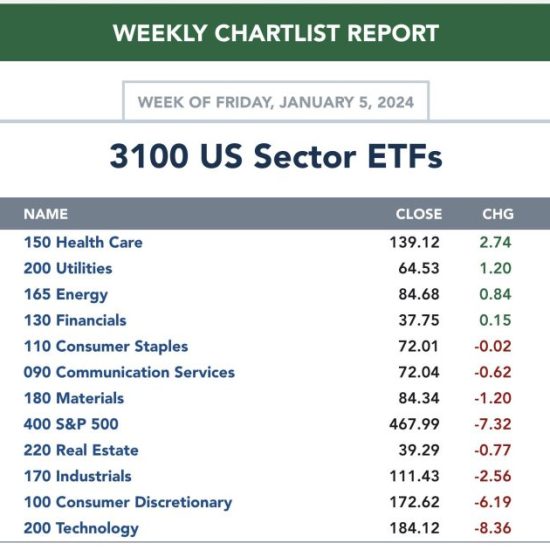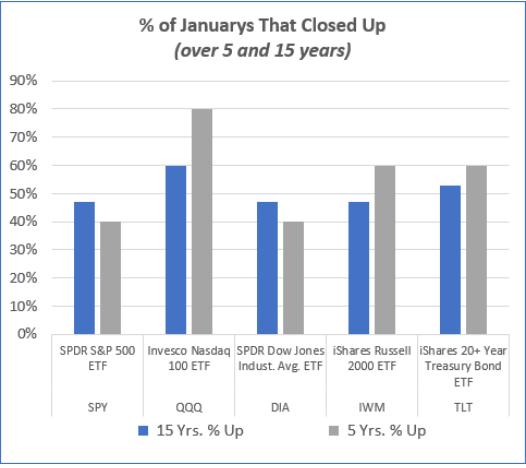The healthcare sector has faced a wide array of unintended consequences due to the Covid-19 pandemic, with some of the most significant impacts experienced by healthcare providers and patients alike. Hospitals and clinics have had to adapt drastically and fast in order to cope with the high demand for services and the scarcity of necessary supplies. Unfortunately, this situation has in turn brought forth a myriad of ethical and economic implications.
During the height of the pandemic, many medical centers were plunged into a black hole of expensive and complex treatments and scarce resources. This has precipitated a situation where cost-cutting and sacrificing medical quality are becoming increasingly common. This is especially true for rural areas and poorer communities, where healthcare providers often struggle to maintain adequate standards despite limited funds.
Economic hardship has also taken its toll on healthcare workers. With layoffs, pay cuts and the associated emotional distress, some healthcare professionals have been pushed to the brink. This has led to an unprecedented increase in physician burnout and, even more worryingly, an alarming rise in the number of medical errors. This is of particular concern in the public sector, where there are fewer financial resources and less skilled professionals.
Furthermore, the pandemic has heralded a time of ethical turmoil. End-of-life decisions have become an increasingly challenging and emotionally charged topic for both doctors and patients. While population-level containment measures have provided a degree of necessary stability, vulnerable individuals have arguably been neglected in the process. This has been increasingly true for those with preexisting conditions, who have had to cope with a lack of support, resources and access to appropriate care.
As a result, the healthcare sector now bears close scrutiny. Governments should recognize the significant issues experienced by providers and patients and work towards finding holistic solutions. This should involve the implementation of sound organizational strategies and the necessary financial investments. Ultimately, it is vital to recognize that the long-term implications of the pandemic will reverberate through our healthcare systems and demand greater support from all stakeholders.





